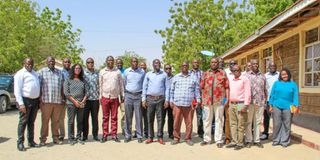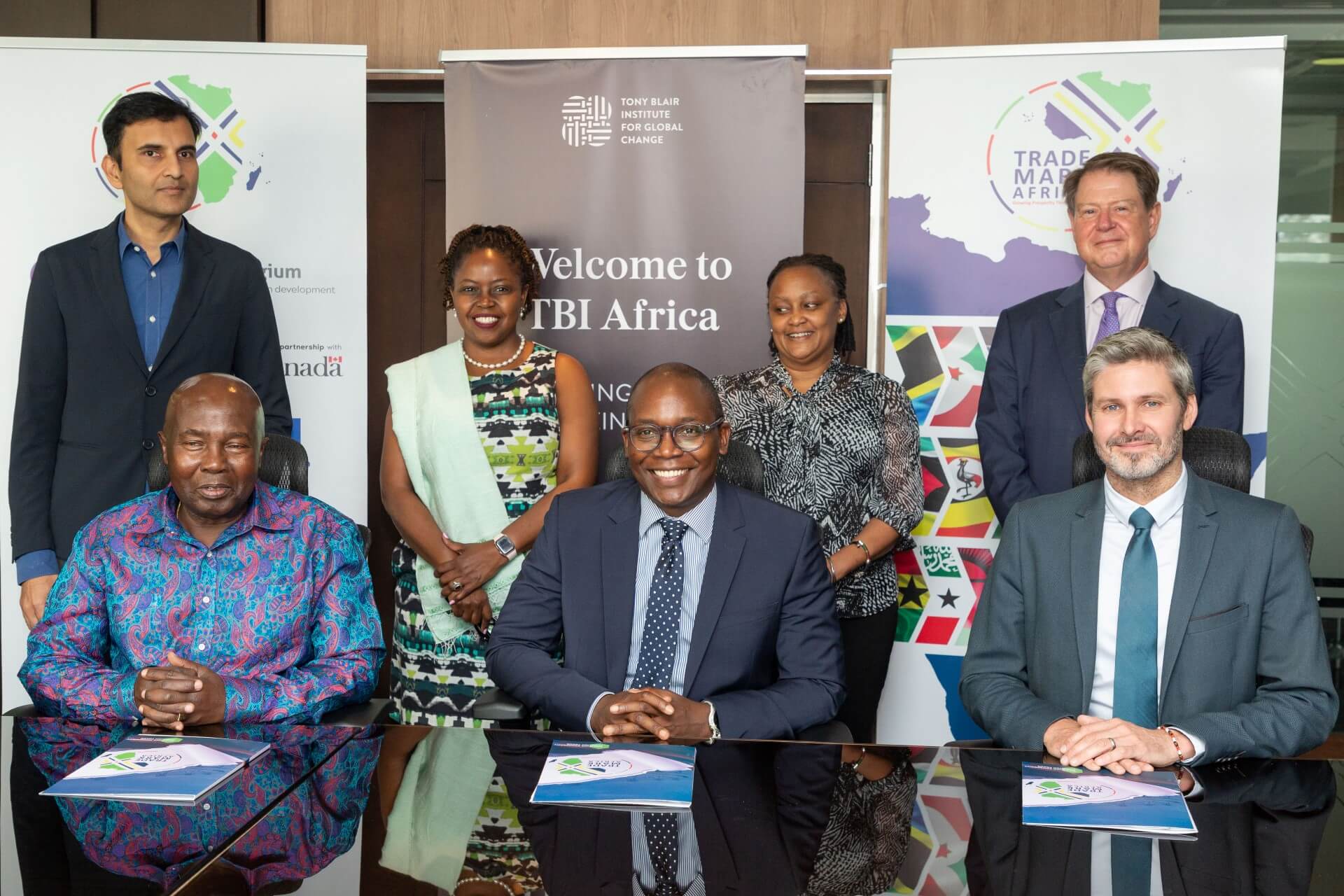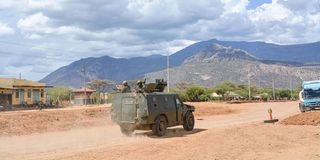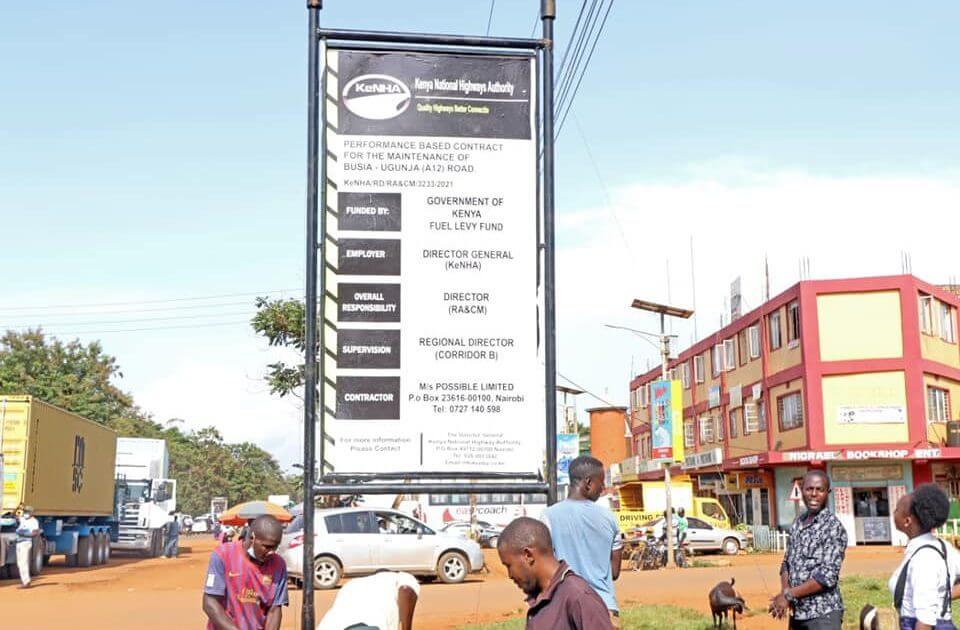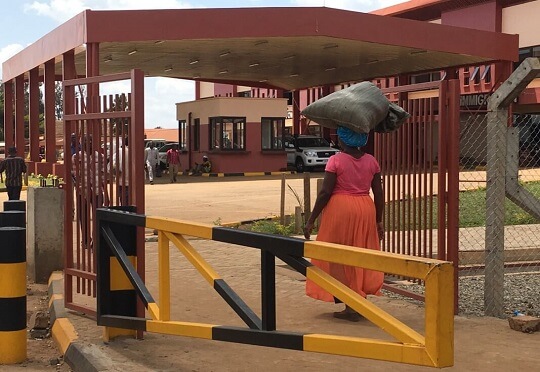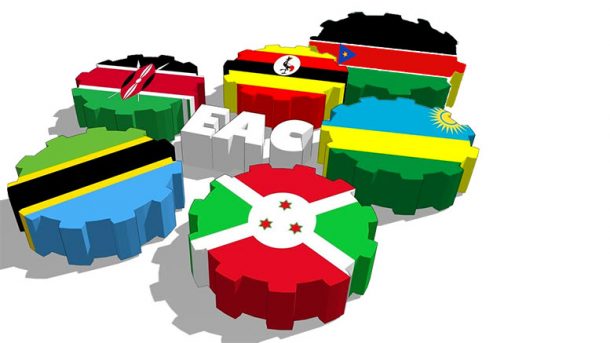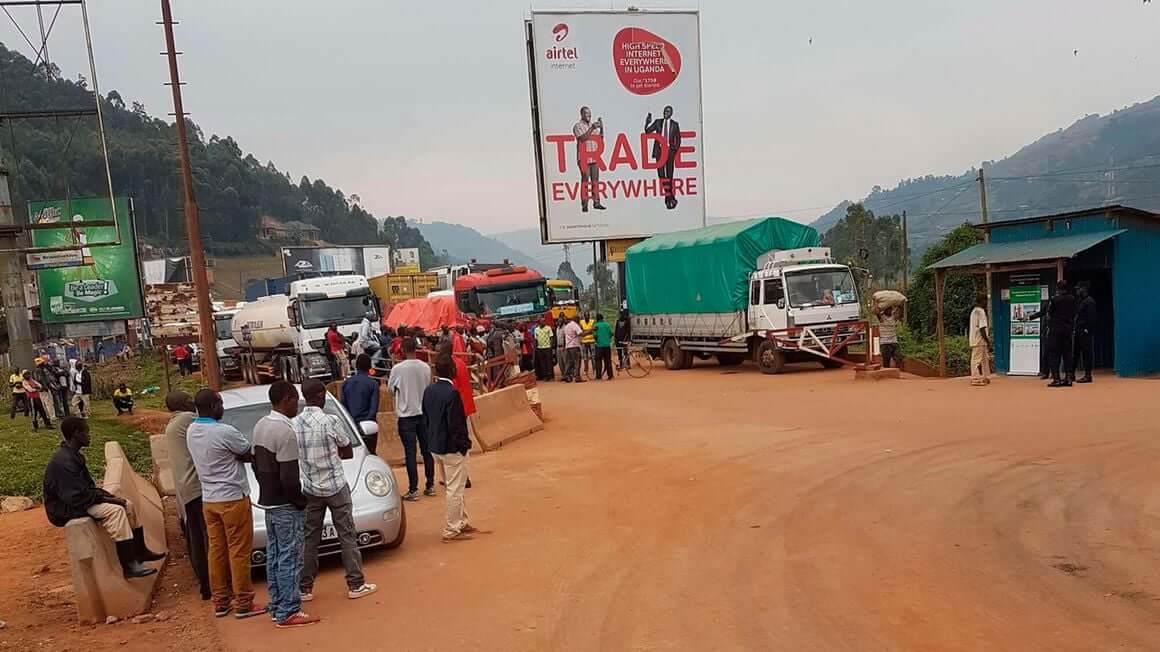What you need to know: KRA has put in a request for the parcel to Turkana County which is the custodian of community land in the region The need to establish the new post was informed by a countrywide survey that identified new potential border crossing points Uncontrolled entry and exit of people along the border was contributing to loss of revenue and influx of counterfeits, a problem that the new border point will stem The Kenya Revenue Authority (KRA) is seeking 50 acres of land from the Turkana County Government to put up a new One-Stop Border Post between the country and Ethiopia in a bid to stem revenue losses and smuggling of counterfeits. Through the Border Control and Operation Coordination Committee (BCOCC), the taxman has put in a request for the parcel to Turkana County which is the custodian of community land in the region. The planned entry and exit point will be at Todonyang in Turkana North Constituency, and is expected to enhance cross-border movement within East Africa Community member states as well as improving the flow of trade. It is also expected to open up Northern Kenya and stem smuggling of goods through the porous border. Border Management Secretariat Director Kennedy Nyaiyo said the need to establish the new post was informed by a countrywide survey that identified new potential border crossing points. "Todonyang was among the five points that were identified and approved by the National Advisory Security Committee for establishment of a customs border station....
KRA to set up Kenya-Ethiopia one-stop border post in Turkana
Posted on: March 1, 2023
Posted on: March 1, 2023

